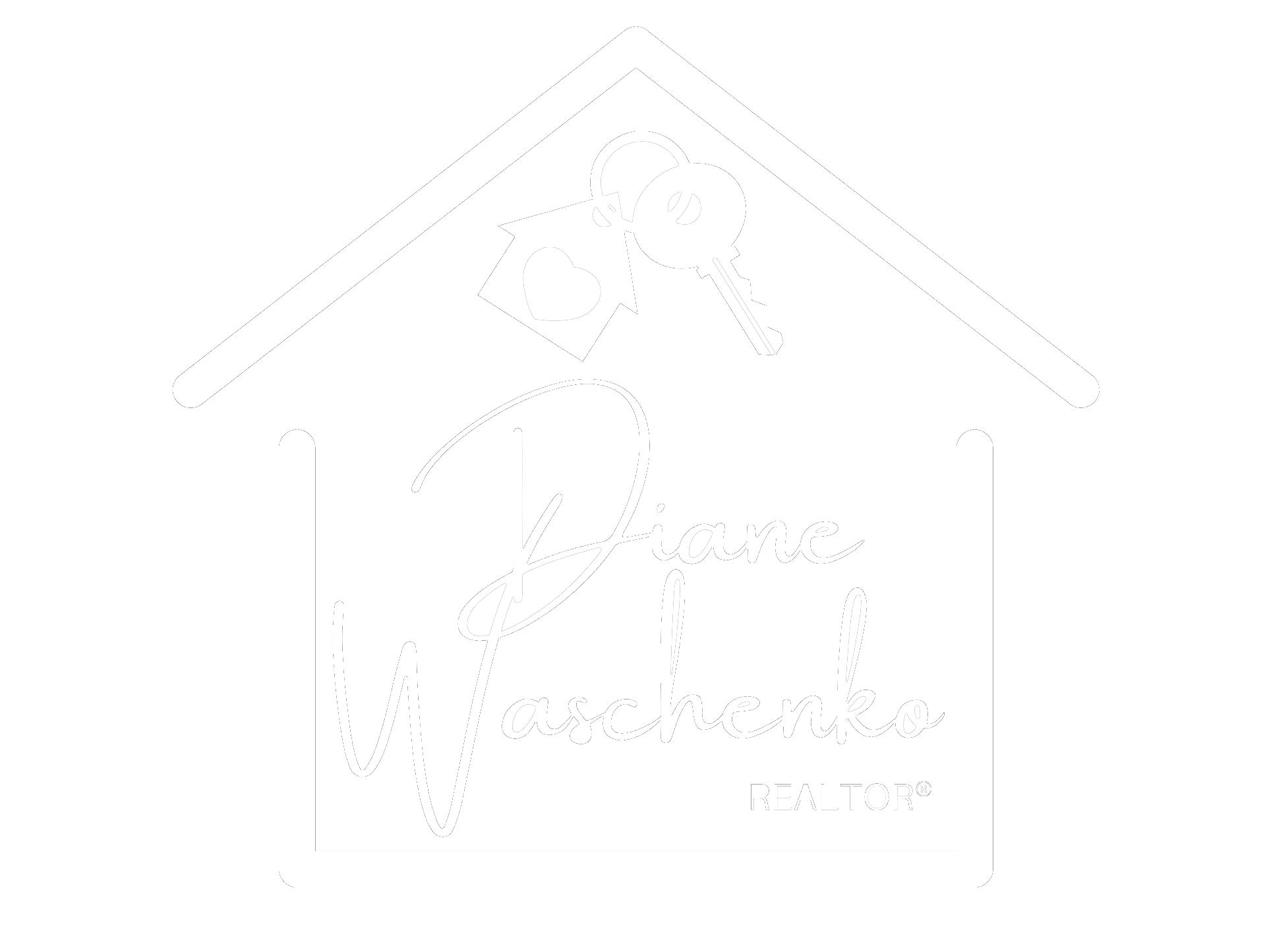If you’re in the market for a new home, you may come across properties that are listed as a short sale or a foreclosure. While both options can offer potential buyers a chance to purchase a home at a discounted price, there are some key differences to be aware of.
What is a Short Sale?
A short sale is when the homeowner owes more on their mortgage than the home is worth and they are unable to make their mortgage payments. In this situation, the homeowner may choose to sell the home for less than what is owed on the mortgage. The lender must approve the sale and accept less than the full amount owed on the mortgage.
Pros of Short Sale
- The seller may avoid foreclosure and the negative impact it can have on their credit score
- Potential buyers can often purchase the home at a discounted price
- Short sales are typically faster than foreclosures
Cons of Short Sale
- The lender must approve the sale, which can take time and may not be guaranteed
- The home may be sold as-is, which means there could be repairs or renovations needed
- The process can be complex and may require the help of a real estate agent or attorney
What is a Foreclosure?
Foreclosure is when the lender takes possession of the home due to the homeowner’s inability to make mortgage payments. The lender will then sell the home to recoup the money owed on the mortgage.
Pros of Foreclosure
- The lender takes possession of the home, which means potential buyers may not have to deal with the seller directly
- The lender may be motivated to sell the home quickly, which can result in a good deal for the buyer
- The home may be sold at auction, which can be an exciting and potentially lucrative opportunity for buyers
Cons of Foreclosure
- The process can be lengthy and unpredictable
- The home may be in poor condition and require significant repairs or renovations
- The buyer may not have the opportunity to inspect the home before purchasing it
Which Option is Right for You?
Both short sales and foreclosures can offer buyers the chance to purchase a home at a discounted price, but there are some important differences to consider. If you’re looking for a faster and potentially less complicated process, a short sale may be the way to go. However, if you’re willing to be patient and are comfortable with taking on a potential fixer-upper, a foreclosure may be the better option.
Ultimately, it’s important to work with an experienced, trustworthy real estate agent or attorney who can help guide you through the process and ensure that you’re making an informed decision. With the right support, you can find a great deal on a new home and start building the life you’ve always dreamed of.
Contact me, Diane Waschenko at 914-447-5847, and let’s discuss the best choice for you!
